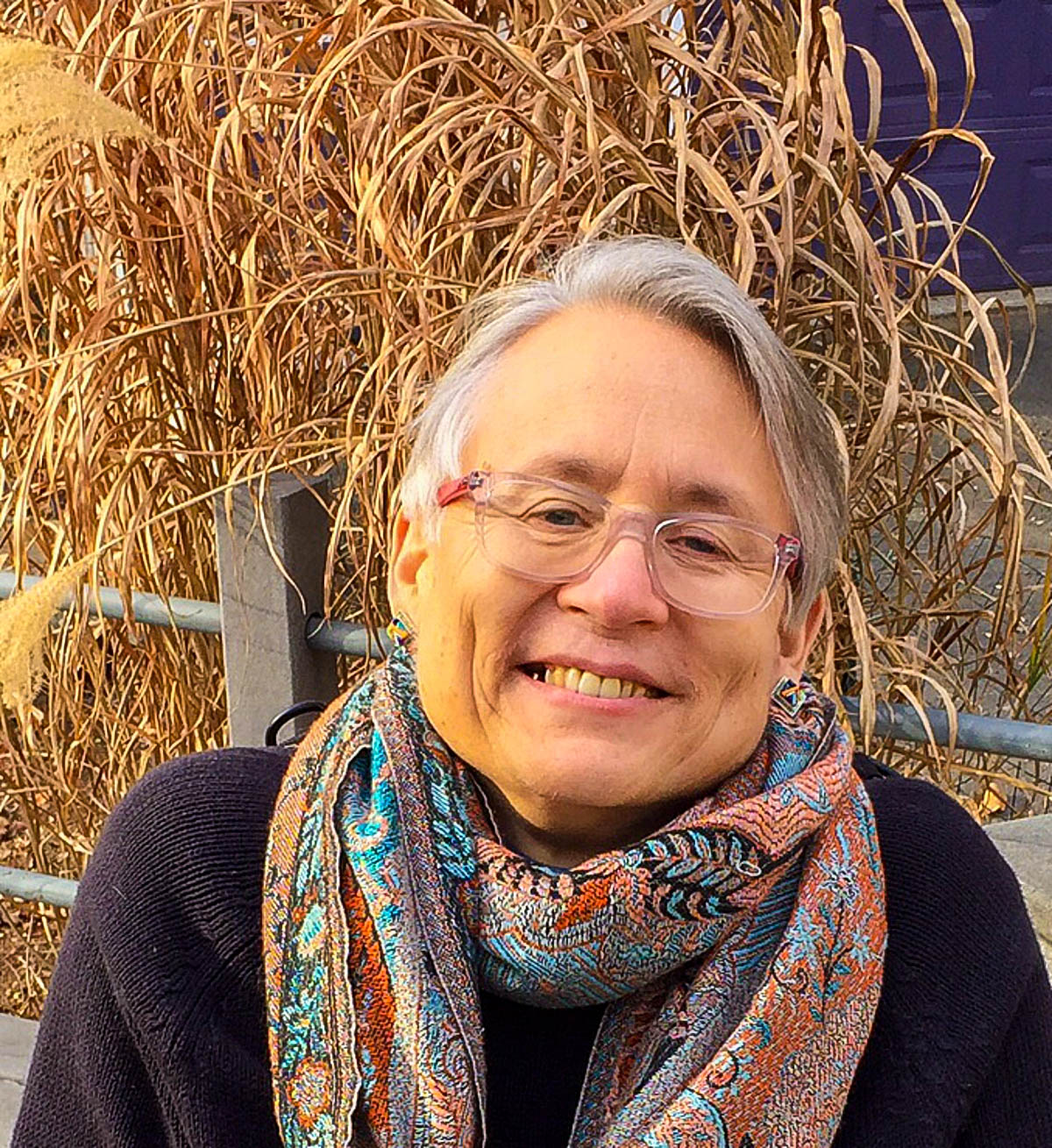
c/o bostonmagazine.com
It was an early evening in October 2003, and Professor of English and Feminist, Gender, and Sexuality Studies (FGSS) Christina Crosby was cruising along on the third mile of her bicycle ride, naïve of what was about to happen to her and how those events would change her life forever.
While riding over a hill, a branch got caught in the wheel of her bike, which threw her to the ground and snapped her head back—paralyzing her. Her 50th birthday had occurred 29 days prior to the accident, so for all intents and purposes, this could be considered a midlife crisis much more burdensome than most.
As a result of the struggles she endured on the path to recovery from paralyzation, Crosby wrote a memoir entitled “A Body, Undone: Living On After Great Pain,” which was just recently published on March 15.
“‘A Body, Undone’ is an account of living on in paralysis and pain after breaking my neck at mid-life,” Crosby wrote to The Argus in an email. “Spinal cord injury is a radical undoing, a kaleidoscopic shift that newly refracts who I was and what I might become.”
Crosby’s inspiration for writing her memoir was not an immediate one. Initially, she did not know that she wanted to write a memoir about the aftermath of her accident. Her inspiration arrived in another form of grief.
“When my brother died in January 2010, I was already grieving for the body I had lost in the accident and the life I had been living with my lover, Janet,” Crosby wrote. “My brother’s death created a surplus of grief, out of which I began writing, first about pain (mental, emotional, and physical) and, subsequently, about living on. My question was: how to create a livable life?”
However, it was not completely smooth sailing after Crosby decided that she wanted to write a memoir about her experience. The entire composition took five years to write and an additional year was needed for the production of the book.
“I dictated using the software Dragon NaturallySpeaking, a program that learns from its mistakes to build up an understanding of your voice and vocabulary,” Crosby wrote. “I rewrote chapters as I went along, revised everything in response to readers’ comments—friends, colleagues and anonymous readers for NYU Press.”
Crosby’s colleagues seem to be proud of all that she has accomplished. Administrative Assistant for the English Department Liz Tinker has known Crosby since she began working at the University in June 2008. Tinker described the story of Crosby’s memorable comeback as long overdue.
“I had heard stories about how active she was and [about] her position in the University, but to actually read it and just note in detail all that she went through and the tremendous change in her life, it’s just been an inspiration,” Tinker said. “It’s just so much more than an inspiration as to how she has coped. Anytime I feel like I’m down about something, all I have to do is think of her, and say no, I don’t have it as bad.”
In a similar vein, Crosby’s colleague and Chair of FGSS and Professor of Sociology and the Science in Society Program Victoria Pitts-Taylor called her one of the most remarkable people she had ever met.
“She is tremendously gifted as a writer and thinker,” Pitts-Taylor wrote to in an email to The Argus. “But even more than that, her honesty, capacity for self reflection, sense of gratitude and compassion for others are inspiring to me.”
Professor and Chair of the Classical Studies Department Andrew Szegedy-Maszak echoed these sentiments. Szegedy-Maszak’s friendship with Crosby spans all the way back to the 1980s when Crosby first came to the University.
“One of the grim ironies attendant on her accident is that, prior to it, she was very physically active, and she really enjoyed things like biking and kayaking,” Szegedy-Maszak wrote to The Argus in an email. “That she was in such good shape was one of the factors that enabled her to survive the trauma, along with her incredible courage and determination.”
Despite not reading Crosby’s memoir yet, Szegedy-Maszak has high praise for the memoir based on the extended excerpt he heard Crosby read.
“I thought it was beautifully written and observed, powerful, touching, sometimes quite witty, and utterly free of self-pity,” Szegedy-Maszak said. “In all those ways, it was typical of her approach to life. Even though the accident left her seriously disabled, she is as smart and warm and tough and funny as she ever was.”
Comments are closed